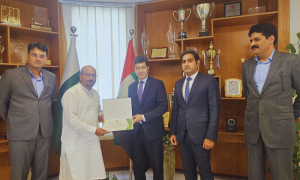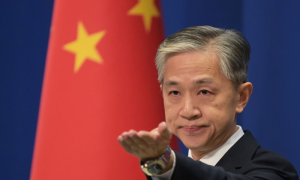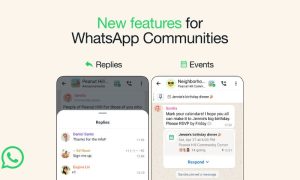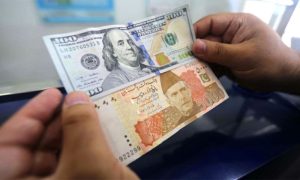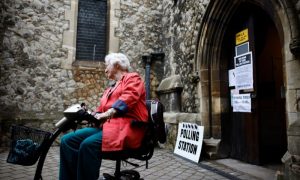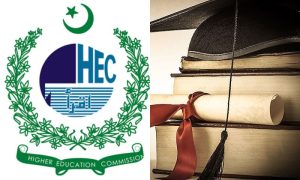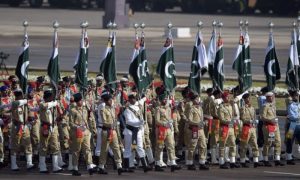NEW DELHI: Maithili Thakur, a renowned Indian folk singer with millions of followers on social media, experienced a significant surge in popularity after Prime Minister Narendra Modi shared her devotional tunes during the opening ceremony of a Hindu temple in Ayodhya.
As India gears up for general elections starting on April 19, critics argue that Modi’s Bharatiya Janata Party (BJP) has strategically engaged with influential social media stars, spanning music, culture, fashion, and fitness, to amplify their political messaging.
Thakur was one of the 24 influencers honored at the National Creators Awards, organized by the government to celebrate the “storytellers of a confident, assertive New India.”
While many of these social media figures promote India’s Hindu-majority culture and align with right-wing ideologies, concerns have been raised about their collaboration with the ruling party and the potential impact on their independence.
“Attracting influencers to collaborate with the ruling government could lead them to support the party uncritically,” expressed Prateek Waghre from the Internet Freedom Foundation, emphasizing the allure of increased followers and income for these influencers.
Thakur, 23, a former reality TV star known for classical singing, gained wider attention when Modi shared her song during the Ayodhya temple inauguration. This event catapulted her into the spotlight and earned her the title of Cultural Ambassador of the Year at the Creators Awards.
The deepenzng ties between the government and prominent social media personalities have raised concerns among digital rights advocates like Waghre, who worry about potential biases and skewed discourse due to financial incentives.
With over half of India’s population under 30, social media has become a pivotal tool for political outreach, acknowledged Thakur, who also serves as an election commission ambassador, focusing on encouraging participation rather than promoting a specific party.
Not all influencers are overt in their political endorsements. Janhvi Singh, a recipient of the Heritage Fashion Icon Award, emphasized the importance of preserving Hindu culture without explicitly endorsing political parties.
“I don’t openly share political views on social media,” noted Singh. “But I believe in spreading the message of civic duty and voting.”
Despite the diversity of opinions among influencers, many have embraced collaborations with the BJP, drawing attention to Modi’s policies and initiatives.
The intersection of social media, youth engagement, and political messaging underscores the evolving landscape of Indian politics, where digital platforms play a critical role in shaping public discourse and electoral outcomes.













